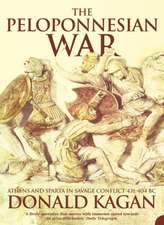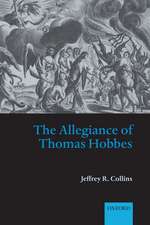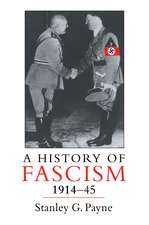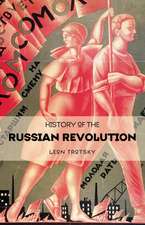Renaissance Truths: Humanism, Scholasticism and the Search for the Perfect Language
Autor Alan R. Perreiahen Limba Engleză Hardback – 3 apr 2014
| Toate formatele și edițiile | Preț | Express |
|---|---|---|
| Paperback (1) | 259.10 lei 6-8 săpt. | |
| Taylor & Francis – 14 oct 2024 | 259.10 lei 6-8 săpt. | |
| Hardback (1) | 1057.89 lei 6-8 săpt. | |
| Taylor & Francis – 3 apr 2014 | 1057.89 lei 6-8 săpt. |
Preț: 1057.89 lei
Preț vechi: 1290.10 lei
-18% Nou
Puncte Express: 1587
Preț estimativ în valută:
202.46€ • 209.76$ • 168.96£
202.46€ • 209.76$ • 168.96£
Carte tipărită la comandă
Livrare economică 22 martie-05 aprilie
Preluare comenzi: 021 569.72.76
Specificații
ISBN-13: 9781472411525
ISBN-10: 1472411528
Pagini: 220
Dimensiuni: 156 x 234 x 14 mm
Greutate: 0.54 kg
Ediția:New.
Editura: Taylor & Francis
Colecția Routledge
Locul publicării:Oxford, United Kingdom
ISBN-10: 1472411528
Pagini: 220
Dimensiuni: 156 x 234 x 14 mm
Greutate: 0.54 kg
Ediția:New.
Editura: Taylor & Francis
Colecția Routledge
Locul publicării:Oxford, United Kingdom
Notă biografică
Alan Perreiah is Professor in the Department of Philosophy at the University of Kentucky, USA.
Recenzii
'Renaissance Truths is an important and inspiring book not only for philosophers and historians of ideas specializing in early modernity, but also for theoreticians of language and, generally, for anybody with a genuine-professional or personal-concern in the function and development of language and languages.' Renaissance Quarterly
Cuprins
Introduction; Chapter 1 The Search for the Perfect Language; Chapter 2 Valla on Thought and Language; Chapter 3 Valla on Truth; Chapter 4 Vives on Thought and Language; Chapter 5 Vives on Truth; Chapter 6 Paul of Venice on Truth; Chapter 101 Concluding Reflections;
Descriere
For humanists the perfect language was a revived Classical Latin. For scholastics it was a practical logic adapted to the needs of education. Though they have long been portrayed as arch rivals, Alan Perreiah here argues that humanists and scholastics were working in complementary ways toward some of the same goals: most significantly, the early modern search for the perfect language.The study advances research on language pedagogy in the Renaissance by clarifying the connections between truth and translation.











